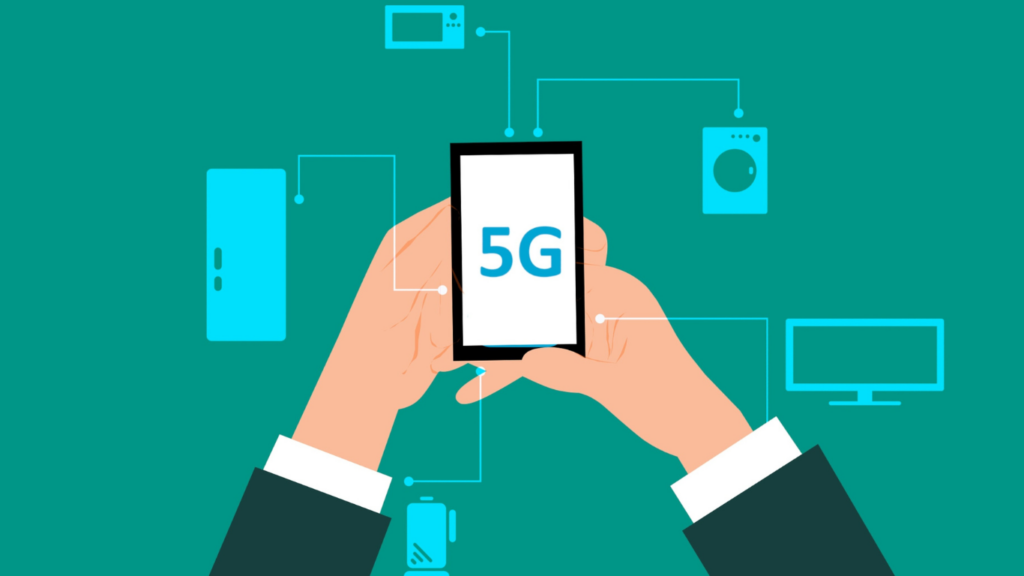As the digital landscape evolves, government agencies are becoming increasingly susceptible to cyberattacks. These attacks can compromise sensitive citizen data, disrupt public services, and damage national security. With cybercriminals constantly innovating their tactics, government agencies must strengthen their defenses to protect public resources and ensure that essential services continue to operate smoothly.
Cybersecurity experts play a crucial role in fortifying public sector defense against these threats. By implementing cutting-edge technology, monitoring for vulnerabilities, and staying ahead of emerging threats, they work tirelessly to protect governmental institutions. In this article, we will explore how cybersecurity experts are reinforcing the security posture of government agencies, with a focus on cybersecurity solutions for the public sector.
The Growing Threat of Cyberattacks on Government Entities
Government agencies handle a significant amount of sensitive data, including personal information, financial records, and national security secrets. This makes them prime targets for cybercriminals and state-sponsored hackers. The risk of a data breach, ransomware attack, or even cyber-espionage could have catastrophic consequences, leading to compromised public trust and, in some cases, international security concerns.
In recent years, cyberattacks on government agencies have become more sophisticated. Hackers employ advanced techniques, such as phishing, ransomware, and zero-day exploits, to breach systems. High-profile cases like the 2020 SolarWinds attack have demonstrated the growing sophistication of cyberattacks targeting public sector organizations. These incidents underscore the critical need for effective cybersecurity measures to defend against evolving threats.
The Role of Cybersecurity Experts in Protecting the Public Sector
Cybersecurity experts are essential in helping government agencies defend against cyber threats. Their expertise allows them to assess vulnerabilities, implement proactive defense mechanisms, and respond quickly to breaches. Here’s how cybersecurity professionals contribute to the protection of public sector systems:
1. Implementing Specialized Cybersecurity Solutions for the Public Sector
Government agencies require specialized tools and strategies to safeguard sensitive data and critical infrastructure. Cybersecurity solutions for the public sector are tailored to meet the specific needs of government organizations, taking into account the complex regulatory requirements and the scale of operations.
Cybersecurity experts help deploy advanced security measures, including encryption technologies, secure communication protocols, firewalls, and intrusion detection systems. These solutions are designed to protect the integrity and confidentiality of government data, preventing unauthorized access and reducing the risk of data breaches.
Additionally, experts use artificial intelligence (AI) and machine learning to enhance threat detection. These technologies analyze large volumes of data in real-time to identify unusual activity, flagging potential security incidents before they escalate into major breaches.
2. Regular Security Audits and Vulnerability Assessments
Cybersecurity professionals are responsible for conducting regular security audits and vulnerability assessments. These processes are vital for identifying weaknesses in government systems before cybercriminals can exploit them. A vulnerability assessment involves scanning networks, systems, and applications for potential flaws that could be targeted by attackers.
Penetration testing is another important strategy used by cybersecurity experts to simulate real-world attacks. By mimicking the tactics of cybercriminals, experts can identify and fix vulnerabilities before they become entry points for attackers. Regular audits and testing ensure that the system remains robust and capable of defending against the latest threats.
3. Developing Incident Response Plans
Despite the best prevention efforts, no system is entirely immune to cyberattacks. Cybersecurity experts work closely with government agencies to develop and implement effective incident response plans. These plans outline the specific steps to take when a security breach occurs, from detection and containment to recovery and communication.
Incident response plans are critical to minimizing damage during an attack and ensuring that systems are restored to normal as quickly as possible. Experts also conduct regular training exercises, including mock cyberattack simulations, to ensure that government personnel are prepared to handle real-world incidents effectively.
4. Training Government Employees on Cybersecurity Best Practices
Human error remains one of the most significant vulnerabilities in any cybersecurity strategy. Cybercriminals frequently use social engineering tactics, such as phishing, to exploit individuals within an organization. Cybersecurity experts educate government employees on best practices for avoiding these types of attacks.
Training programs cover topics such as recognizing phishing emails, creating strong passwords, and practicing safe browsing habits. By fostering a culture of cybersecurity awareness, experts help reduce the risk of breaches caused by negligent actions or ignorance.
5. Strengthening the Security of Legacy Systems
Many government agencies still rely on legacy systems that were not designed to withstand modern cyber threats. These outdated systems can present serious vulnerabilities, especially if they are no longer supported with security patches or updates. Cybersecurity experts assess these legacy systems to identify potential risks and implement necessary upgrades or replacements.
In some cases, experts recommend modernizing infrastructure or transitioning to cloud-based systems that offer better scalability, security, and flexibility. Strengthening the security of legacy systems is a crucial step in ensuring that all government infrastructure is protected from cyber threats.
6. Collaboration and Information Sharing
Cybersecurity experts understand that collaboration is key to staying ahead of cyber threats. Many government agencies, private sector companies, and cybersecurity organizations are working together to share information about emerging threats and best practices.
Public-private partnerships enable government agencies to access the latest threat intelligence, tools, and resources. These partnerships are vital for improving cybersecurity defenses, as they allow agencies to respond quickly to evolving threats and share critical information during incidents.
The Impact of Cybersecurity Solutions for the Public Sector
The implementation of cybersecurity solutions for the public sector has significantly strengthened the defenses of government agencies. These solutions provide enhanced security and allow agencies to detect, prevent, and respond to cyber threats more efficiently.
By leveraging advanced cybersecurity technologies, government entities can reduce the likelihood of data breaches, minimize the impact of cyberattacks, and ensure the continued delivery of essential public services. The ongoing collaboration between cybersecurity experts, technology providers, and government organizations is essential in addressing the dynamic and ever-evolving cybersecurity landscape.
The Future of Public Sector Cybersecurity
The future of public sector cybersecurity will likely see an increased reliance on automation, artificial intelligence, and machine learning to enhance threat detection and response times. With the rise of connected devices and smart infrastructure, cybersecurity experts will need to adapt to new challenges posed by the Internet of Things (IoT) and other emerging technologies.
As government agencies continue to digitize services and embrace cloud technologies, cybersecurity professionals will play an essential role in ensuring the security of these platforms. The ongoing development of cybersecurity solutions for the public sector will help government agencies stay ahead of cyber threats and safeguard national security.
Conclusion
Cyberattacks on government agencies pose a significant threat to national security, public trust, and the integrity of vital services. Cybersecurity experts are integral in helping government entities defend against these evolving threats. By implementing cybersecurity solutions for the public sector, conducting regular assessments, and fostering employee awareness, they are strengthening the defense mechanisms of public sector organizations.
As cyber threats continue to grow in sophistication, it is essential for government agencies to partner with cybersecurity professionals to stay one step ahead. With the right tools, training, and proactive measures in place, cybersecurity experts are helping protect public sector institutions from cyber threats and ensuring that they can continue to provide essential services to the public.



